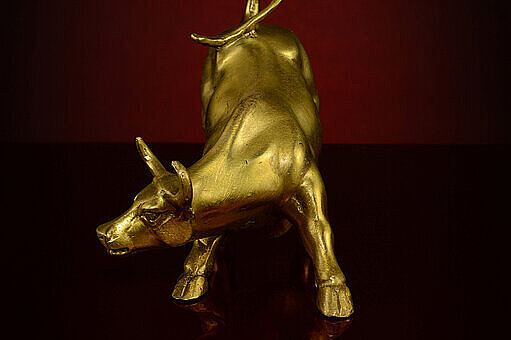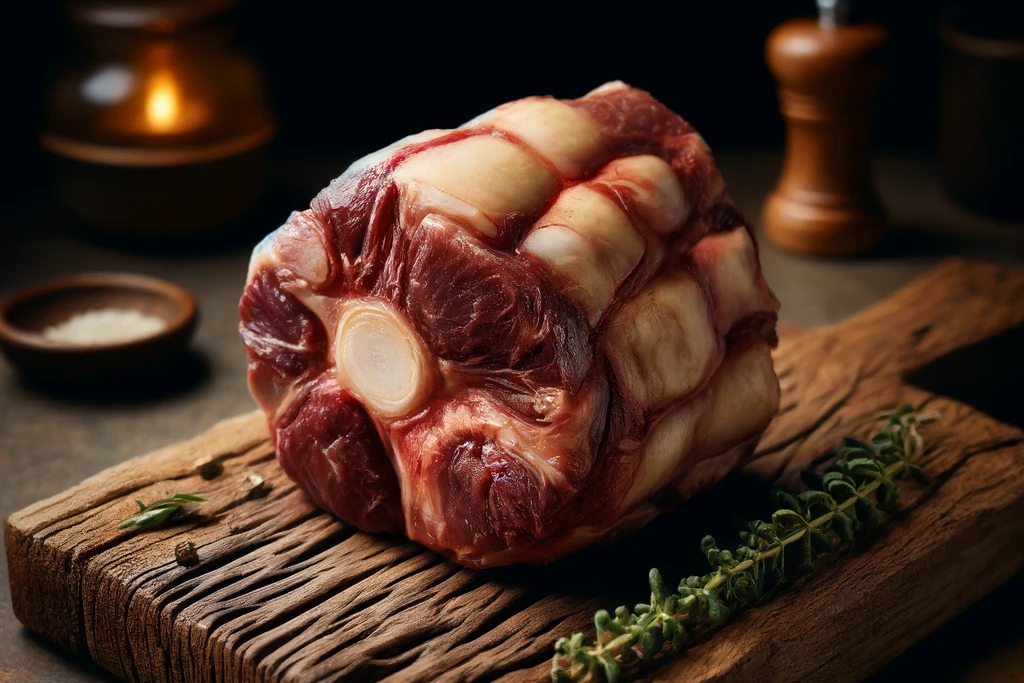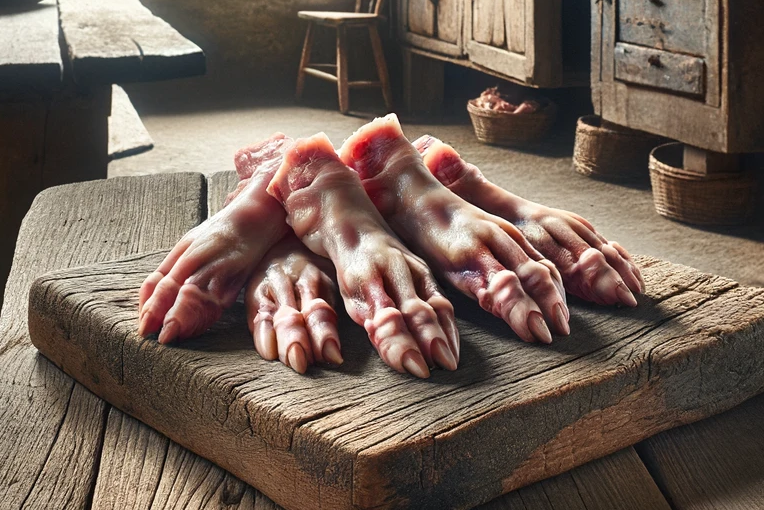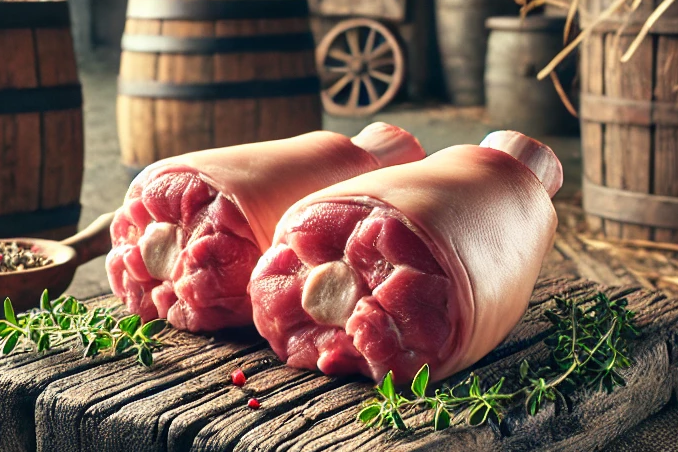Marrow bone
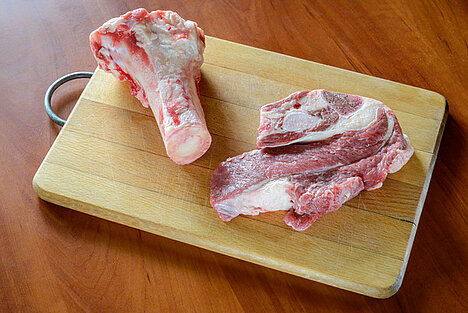
What is marrow bone?
Marrow bone is an animal by-product obtained from the bones of cattle or lambs. The marrow is the fatty tissue found in the cavities of the bones and is rich in nutrients. Marrow bone can be fed raw or cooked, although raw marrow bones are better for dogs because they do not splinter and contain more vitamins and minerals.
What are the benefits of marrow bone for dogs?
Marrow bone has several benefits for dogs that can promote both the health and well-being of your four-legged friend. Here are some of them:
- Marrowbone strengthens your dog's teeth and gums by removing plaque and tartar and stimulating circulation.
- Marrowbone supports your dog's digestion by providing fiber and improving intestinal flora.
- Marrowbone provides your dog with essential nutrients such as calcium, phosphorus, zinc and magnesium, which are important for strong bones, muscles and nerves.
- Marrowbone satisfies your dog's natural urge to chew and offers him a meaningful activity that prevents boredom and stress.
What are the disadvantages of marrowbone for dogs?
Marrowbone is not without its risks for dogs, which you should be aware of before you decide to give your dog marrowbone. Here are some possible disadvantages:
- Marrowbone can cause injury to your dog's mouth or digestive tract if the bone splinters or becomes jagged. This can lead to bleeding, inflammation or even intestinal obstruction.
- Marrow bone can contribute to overweight or obesity in your dog if it is fed too much or too often. This is because marrow bone is very high in fat and contains a lot of calories.
- Marrow bone can lead to digestive problems or constipation in your dog if he eats too much or too little of it. This is because the bone is very hard and can affect bowel movements.
- Marrow bone can lead to salmonella or other bacterial infections in your dog if the bone is not fresh or hygienic. This can lead to diarrhea, vomiting or fever.
What should you look out for if you want to give your dog marrow bone?
If you want to give your dog marrow bones, you should follow some tips to minimize the risks and maximize the benefits. Here are some of them:
- Choose raw marrow bones from beef or lamb that are not cut or chopped. These are safest for dogs because they don't splinter and have more nutrients.
- Pay attention to the size and shape of the bone and match it to your dog's size and jaw. The bone should be large enough that your dog cannot swallow it or choke on it.
- Only give your dog marrow bones occasionally as a treat or supplementary food and not as their main food. A rule of thumb is that the bone should not make up more than 10% of your dog's daily calorie requirement.
- Always supervise your dog when he eats a bone and remove it immediately if it starts to splinter or becomes too small. Also check your dog's mouth and stool regularly for signs of injury or problems.
- Store marrow bones in a cool, dry place and avoid keeping them in the fridge for more than two days or in the freezer for more than three months. Never heat the bones in the microwave or oven.
Marrow bones for dogs are a tasty and healthy extra for your four-legged friend that can bring him many benefits. However, you should also be aware of the possible disadvantages and pay attention to how you give your dog marrow bones. If you follow these tips, you can give your dog a treat and do something good for him.
Properties 5
Are you looking for other ingredients with a specific property?
Just click on them to find more.
If you notice any signs of hypersensitivity or poisoning in your dog, you should see your vet immediately. We are not a substitute for a vet, but we try to be as accurate as possible. Every dog reacts differently and we recommend you get a second opinion or consult your vet if in doubt.
Stay healthy and take good care of your four-legged friend!😊
Similar to Marrow bone
A bullwhip isthe dried skin of an ox penis. To make it edible, the skin is cleaned, stretched and partially twisted. The result is a hard, long strip that is ideal for chewing. Bullwhips are...
Oxtail refers to the tail of the ox, which is prized in the kitchen for its rich flavors and gelatin that is released during slow cooking. It consists of a high proportion of bone surrounded by meat...
Calves' feet, as the name suggests, are the lower extremities of calves. Often used in the human diet for their gelatin, which is extracted by slow cooking, they also offer interesting nutritional...
Pork shanks, also known as knuckle of pork, are the lower legs of the pig, more precisely the area between the foot and the knee joint. This part of the pig is particularly rich in connective...
